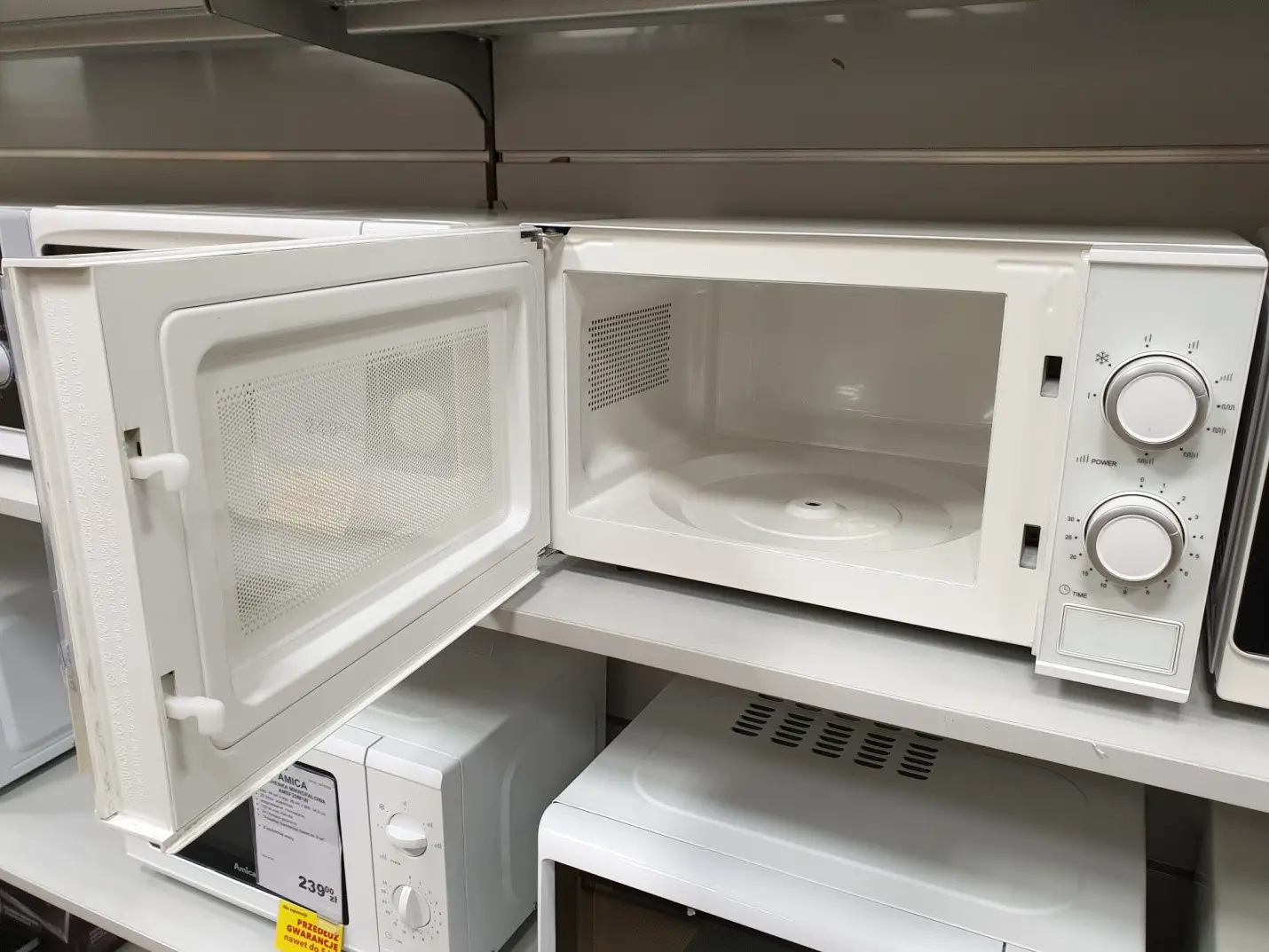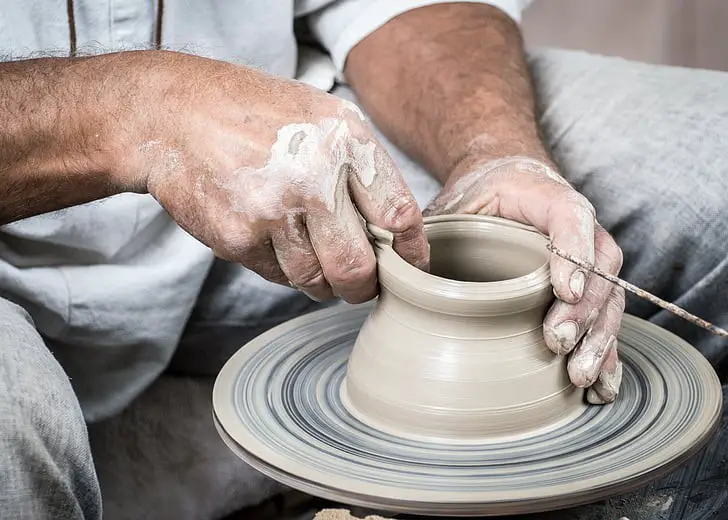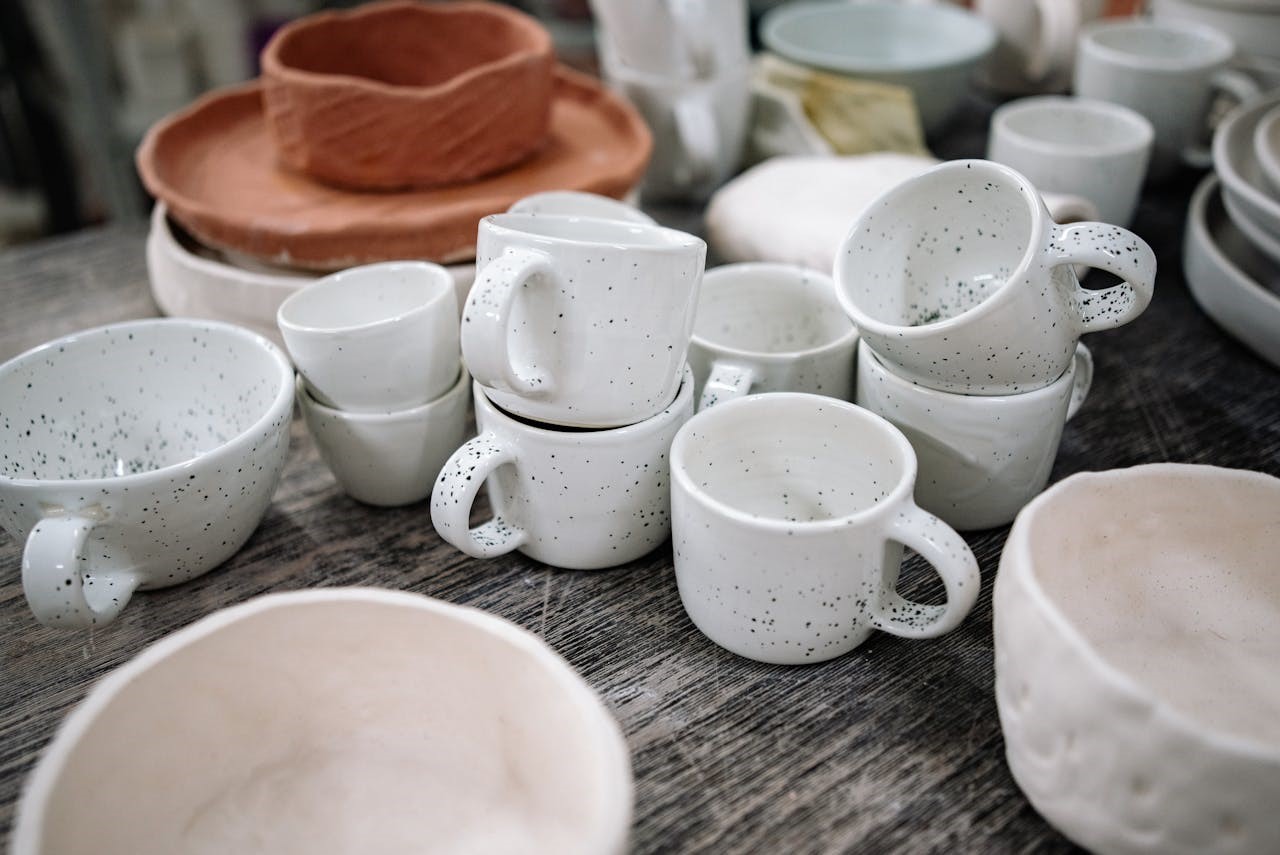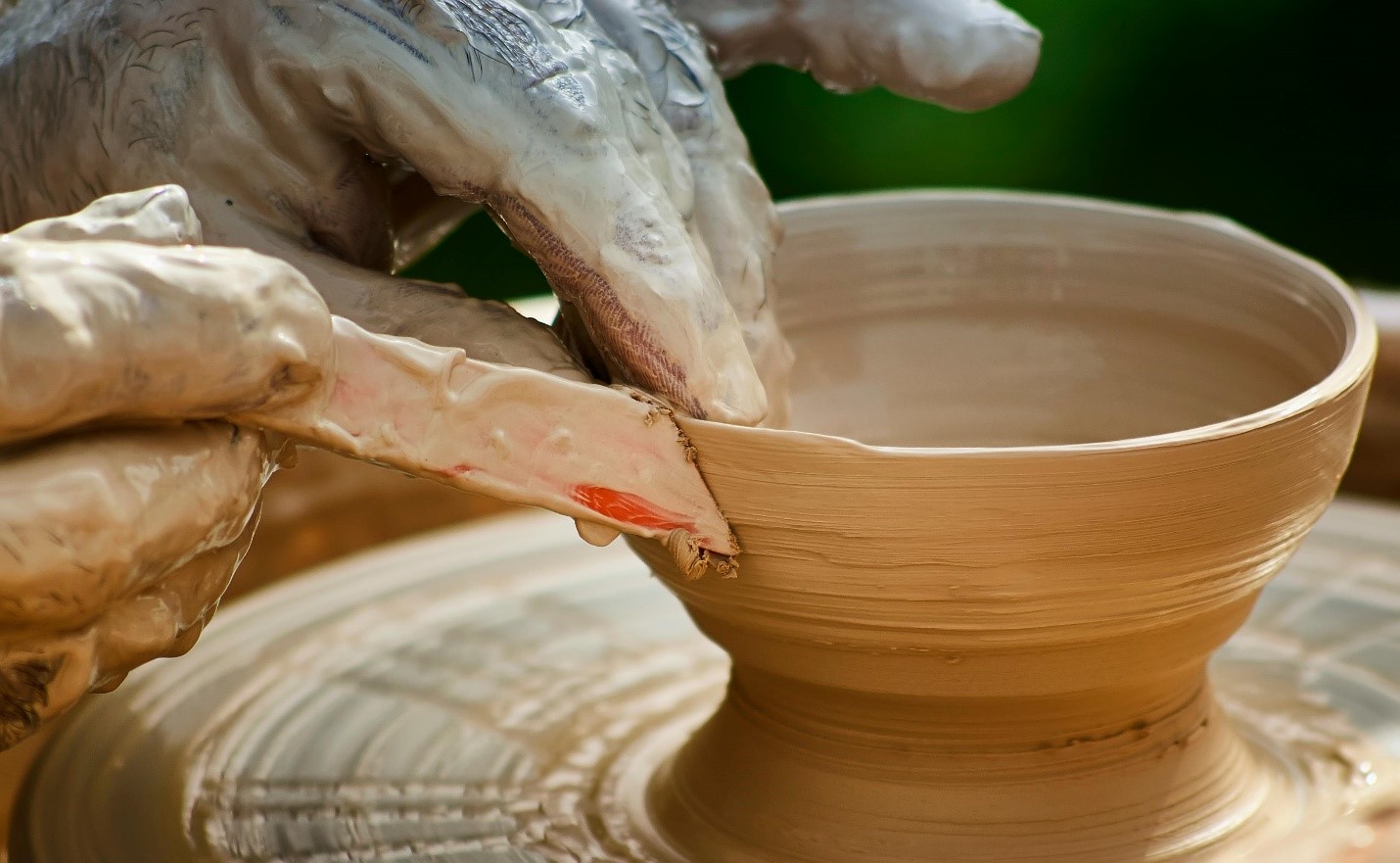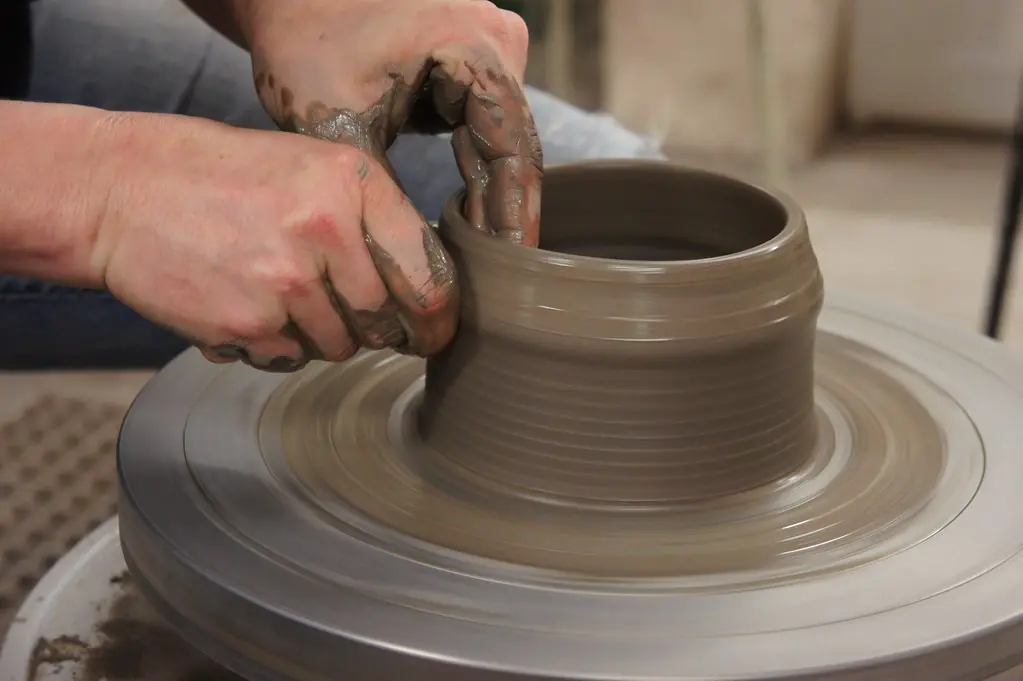Pottery making is a fun and rewarding experience, especially if it is a part of your DIY routine. However, each process has its own pros and cons, and being aware of them can help you become a pro at pottery making. Whether you wish to create some beautiful figurines or jewelry for your personal styling, working with a home oven can be a bit tricky. So, here are the pros and cons of home oven pottery making!
Benefits Of Using Home Oven For Pottery Making
Most homes in the United States have an oven for their daily food preparation techniques. So, this brings down the initial investment requirements for pottery making, especially if you are a beginner artist.
1. Cheaper Alternative:
Making pottery ware in a home oven is a cheaper alternative as compared to purchasing a kiln. A standard tabletop kiln can range anywhere between $700 and $1000, while professional pottery kilns can cost upward of $15000. So, it is advised that you start learning pottery with your home oven and then work your way up.
2. Lower Energy Bills:
An electric kiln doesn’t just cost a lot in terms of the initial investment. It also bumps up your electricity bills. An average-sized kiln’s cost estimate per firing can range between $3.75 and $5.75. Although the variable can add up, the firing cost is obviously more than what a home oven firing would cost. So, it is wiser to start with a home oven.
3. Ideal For Small Projects:
Home oven pottery making is perfect for small projects, especially the ones made with polymer or air-dry clay. It also provides faster results as compared to making big batches in a traditional kiln.
4. Safer Alternative:
Making pottery ware in a home oven is a safer alternative as compared to working with a regular kiln. Inexperienced pottery artists can make common mistakes when using a regular kiln that can lead to injuries and even render the project useless. Using a home oven gives you a safer alternative to work with. Of course, with any project, whether created in a kiln or home oven, it is advised that you practice safety measures such as wearing suitable gloves. The Rapicca Fire-Resistant Leather Gloves are a perfect option to have when working with high-heat projects.

Cons Of Using Home Oven For Pottery Making
There is a limit to what you can do with a home oven for your pottery-making adventures. While it is perfect for beginner artists, it is important not to have unrealistic expectations from a home oven.
1. Firing Temperature Limitations:
Even the best and most advanced home ovens can only reach a certain temperature which is nowhere close to what a standard kiln temperature reaches. Lower temperature means the clay won’t cure/fire the same way in an oven as it would in a kiln.
2. lazing Isn’t Possible:
Glazing cannot be performed in a home oven. A standard glaze needs temperatures between 2124oF and 2264oF to achieve permanency. This isn’t a temperature your home oven can achieve. So, it isn’t possible for beginner artists to work with a glazed piece in a home oven. However, you can surely decorate your pottery piece with other options, like acrylic paint.
3. Not As Durable:
In high temperatures, clay undergoes a massive chemical change which adds durability to the pottery ware’s structure. However, a home oven cannot achieve the same temperature range, which means the final output won’t be as durable as the results seen with a kiln.
4. Not Suitable For Standard Pottery Clay:
While you can surely dry regular clay pottery ware, it cannot be fired in a home oven. So, if you are working with earthenware, porcelain, or stoneware, you would still need a kiln to fire the clay to permanency. On the other hand, if you have a polymer or air-dry clay piece, a home oven is the perfect option.
Conclusion
When using a home oven, it is important to experiment with your creative skills. Remember not to use your home oven for food purposes after you start working with any type of clay. Depending on the decorative items or other ingredients you use in the clay baking process, there could be toxic remnants left in the oven. Firing pottery ware in a home oven is easier than it is with a kiln. Moreover, it saves you money and helps with the learning curve. Remember not to expect a lot from home oven pottery making, and have fun learning!

